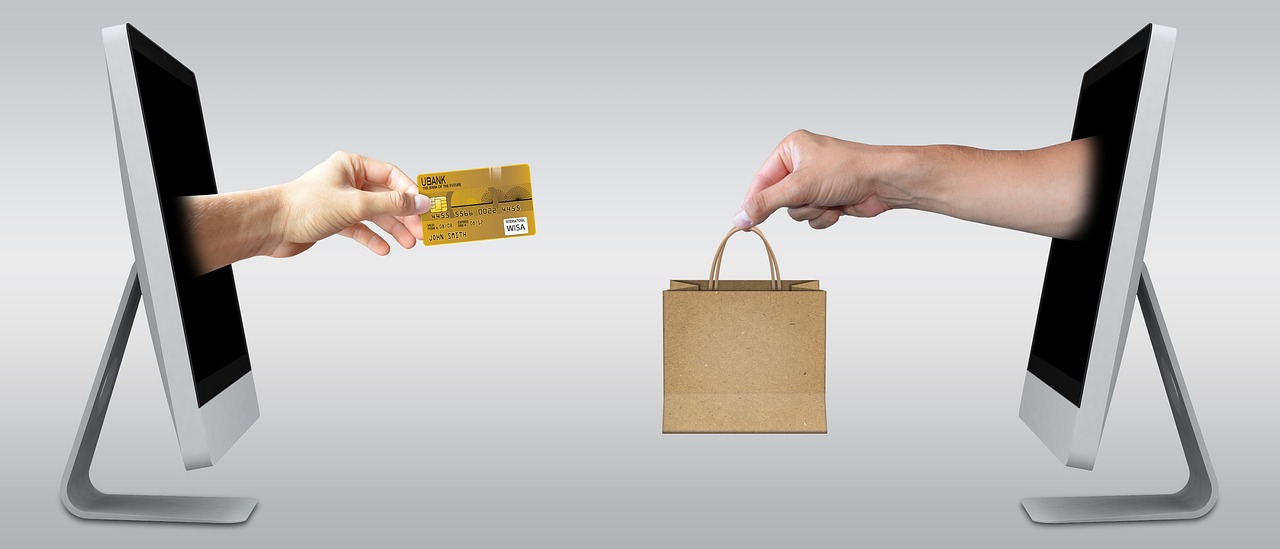What Are Electronic Payment Systems? Its Impact On Our Daily Transactions
Electronic payment systems have become an important aspect of our daily life in the current digital era. The way we conduct business and handle our finances has been changed by these platforms, from internet shopping to bill payments. But what do electronic payment systems do?
 Electronic payment systems, usually referred to as digital payment systems, are tools that let both private citizens and commercial entities conduct financial transactions online. They offer convenience, speed, and security as an alternative to conventional payment methods like cash or cheques. These methods make it possible to transfer money between parties without using actual money.
Electronic payment systems, usually referred to as digital payment systems, are tools that let both private citizens and commercial entities conduct financial transactions online. They offer convenience, speed, and security as an alternative to conventional payment methods like cash or cheques. These methods make it possible to transfer money between parties without using actual money.
Electronic payment methods come in many different varieties today. Among the popular electronic payment methods are credit and debit card payments systems. Financial institutions that issue these cards have the data needed to authorize and finalize transactions online. Consumers may easily pay for goods and services with a swipe or a tap on their devices, which are often internet-enabled. There are still other methods initiating these transactions called the Unstructured Supplementary Service Data (USSD) methods which don’t require the presence of an internet system before execution.
The electronic wallet is yet another most-used payment method. Users can safely save their credit or debit card information on their cell phones or other devices using digital wallets. They won't need to carry actual cards anymore because they can make purchases by merely tapping their cellphone or scanning a QR code.
Another crucial element of electronic payment systems is online payment gateways. These gateways serve as a connecting point for financial institutions, vendors, and purchasers. They enable the transmission of money over the Internet, authenticate transactions, and communicate payment information safely.
Mobile payment methods have become very popular in recent years. To facilitate transactions utilizing smartphones or wearable devices, these systems use mobile applications. With systems like Apple Pay, Google Pay, or Samsung Pay, customers may quickly and easily complete transactions by holding their mobile close to a suitable payment terminal.
An essential component of electronic payment systems is security. These systems use several security techniques, including encryption, tokenization, and multifactor authentication, to safeguard sensitive financial information. Reputable payment service providers also adhere to industry norms and rules to guarantee data security and fraud prevention.

What Are The Advantages Of Electronic Payment System
1. Transaction Speed
The electronic payment system has drastically reduced transaction time globally. It has grossly reduced the number of time people need to spend in sending funds from one geography to the other. Statistically, an average electronic payment user spends less than 20 seconds transferring money from one account to the other, no matter the location. This is very much unlike the traditional banking system where you spend not less than four working days and most time accompanied with boring documentation.
2. Ease Of Use
Electronic payments have proved to be the easiest payment system, especially for people making international transactions. And the best part of it is that it can be done from any internet-enabled device, be it mobile phones, desktops, or laptops. And for the fact that its security protocol only takes seconds to confirm every transaction makes it even super convenient.
3. Accommodates Global Audience
Research shows that 56% of internet users leverage the electronic payment system to make online purchases. Meanwhile, Zippia, in 2022, released a report that online buyers spent $5.7 trillion buying things in 2022. This is an advantage to e-commerce website owners to add one or two electronic transfer payment systems on their platform, as a way of boosting sales.
Conclusion
The way we manage financial transactions has changed as a result of electronic payment systems. They have become people's and companies' go-to options because to their ease, speed, and security. We may anticipate more advancements in electronic payment systems as technology develops, which will make our financial dealings even more efficient and seamless.





